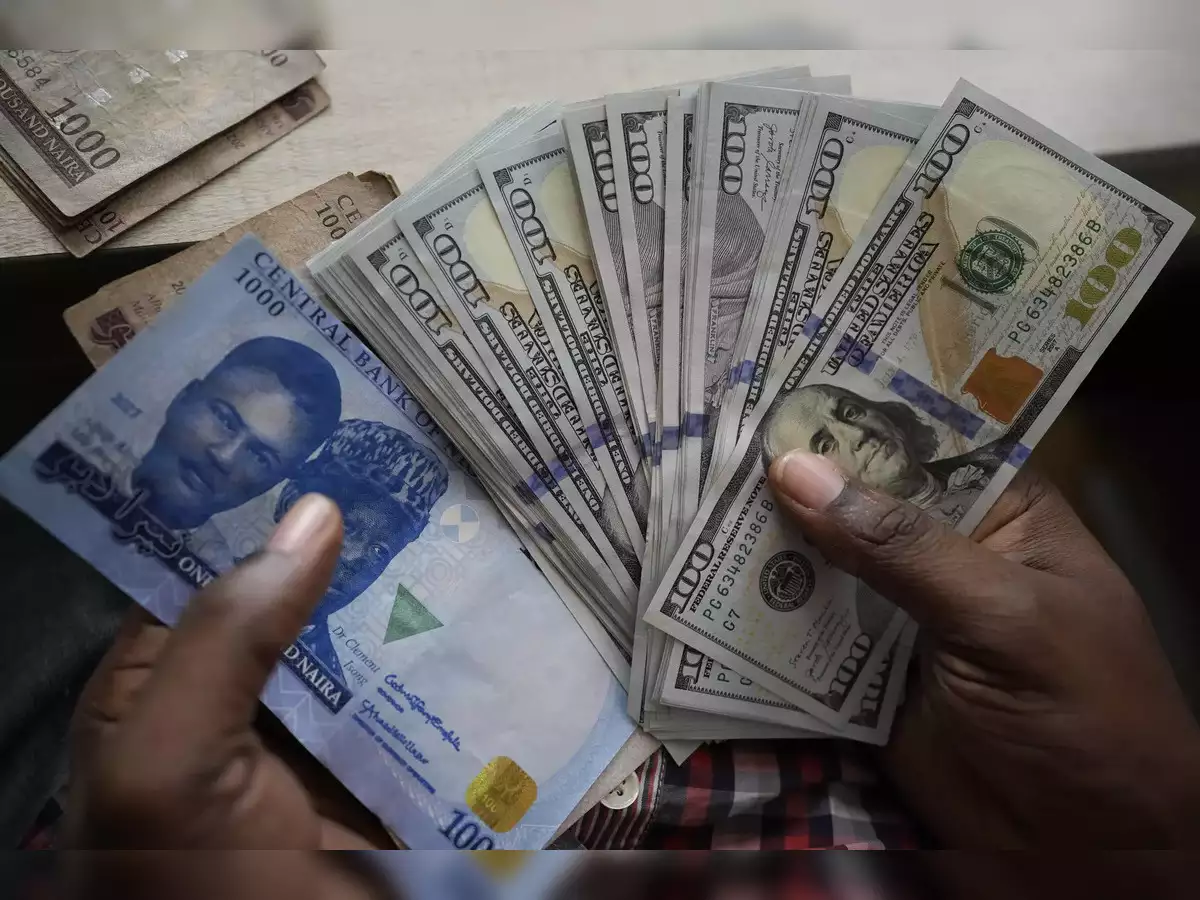Economic Trends in 2025: Naira Stability and Falling Inflation Take Centre Stage
The Nigerian economy is poised for a recovery in 2025, buoyed by stabilising exchange rates and a decline in inflation, analysts have reported. Following a challenging 2024, marked by economic strain from government reforms, there is growing optimism about the year ahead.
Challenges of 2024
In 2024, Nigeria experienced significant economic pressures. The effects of the federal government’s market reforms, implemented in 2023, led to the depreciation of the naira, soaring petrol prices, and inflation rates that sparked the worst cost-of-living crisis in a generation. Citizens grappled with rising costs, and the economy struggled under the weight of these challenges.
A Positive Outlook for 2025
Despite these setbacks, analysts project a modestly positive economic outlook for 2025. Prices are expected to stabilise, and the naira is anticipated to maintain its recent gains. Muda Yusuf, CEO of the Centre for the Promotion of Private Enterprises (CPPE), attributes this optimism to an increase in Nigeria’s foreign exchange reserves, which have exceeded $40 billion, and the operationalisation of local refineries, such as the Dangote and Port Harcourt facilities.
“These refineries will ease demand for foreign currency used for fuel imports,” Yusuf explained, highlighting the potential for reduced pressure on the naira. He further noted that recovery in the non-oil export sector could boost foreign exchange inflows.
At the close of 2024, the naira stood at N1,537 against the dollar in the official market, a significant improvement from N1,455.59 in January and N907.1 in December 2023. This trend suggests that the naira may continue its path of stability through 2025.
Zeal Akaraiwe, CEO of Graeme Blaque Advisory, shares this optimism, describing 2025 as a potential turning point for the naira. “This year could reverse many of the challenges that have plagued the currency in recent years,” he stated, citing improvements in Nigeria’s macroeconomic environment.
However, some analysts remain cautious. Veriv Africa, a research and data insight firm, has warned of continued volatility in the exchange rate, citing Nigeria’s heavy reliance on imports and the underdevelopment of key sectors such as agriculture and manufacturing as significant factors.
Inflation on a Downward Trajectory
Inflation, which peaked at a three-decade high of 34.6% in November 2024, is expected to decline significantly in 2025. Analysts at Afrinvest Research predict that inflation could drop to 24.6%, while the Economist Intelligence Unit (EIU) forecasts a slightly higher figure of 27.7%. These projections offer hope for improved purchasing power for Nigerians, whose incomes were severely impacted by rising costs in 2024.
Sule Samuel, CEO of Renaissance Capital Africa, has suggested that the Central Bank of Nigeria (CBN) may consider lowering its benchmark interest rate, which was raised multiple times in 2024 to curb inflation. “With inflationary pressures easing, we could see a reduction in interest rates, offering further relief to the economy,” he said.
Nonetheless, challenges persist. Veriv Africa has noted that recurring issues, such as currency depreciation, food inflation caused by insecurity and climate change, high energy costs, and elevated logistics expenses, could temper the rate of inflation decline.
Path to Recovery
Economic growth in 2025 will depend heavily on external factors, particularly global fiscal and monetary policies in major economies such as the United States and China, according to Sule. These policies influence global commodity prices, including oil, which remains a cornerstone of Nigeria’s economy.
The recent improvements in Nigeria’s foreign exchange reserves, combined with the operationalisation of local refineries, suggest that the country may be on the cusp of a brighter economic future. However, the road to recovery will require sustained efforts to address structural weaknesses and external vulnerabilities.
With cautious optimism, 2025 presents an opportunity for Nigeria to stabilise its economy and lay the groundwork for long-term growth and resilience.
Source: Businessday



